Reading
Day 1: Isaiah 18:1-23:18
Day 2: Isaiah 24:1-27:13, Isaiah 29:1-2
Day 3: Isaiah 30:1-33:24
Day 4: Isaiah 34:1-35:10, Micah 2:1-5:15
Day 5: Micah 6:1-7:20, 2 Chronicles 32:1-8, 2 Kings 18:13-18, Isaiah 36:1-3, 2 Kings 18:19-37, Isaiah 36:4-22
Day 6: 2 Kings 19:1-19, Isaiah 37:1-20, 2 Chronicles 32:9-19, 2 Kings 19:20-37, Isaiah 37:21-38, 2 Chronicles 32:20-23
Day 7: 2 Kings 20:1-11, Isaiah 38:1-8, 2 Chronicles 32:24:31, Isaiah 38:9-22, 2 Kings 20:12-19, Isaiah 39:1-8
Preview
Hard Questions
- (Is. 25:6-8) “And in this mountain the LORD of Hosts will make for all people a feast of choice pieces, feast of wines on the lees, of fat things full of marrow, of well-refined wines on the lees. And He will destroy on this mountain the surface of the covering cast over all people, and the veil that is spread over all nations. He will swallow up death forever, and the LORD God will wipe away tears from all faces; the rebuke of His people He will take away from all the earth; for the LORD has spoken.” See the messianic promises here–a feast for all the peoples (literally in Hebrew), the destruction of the veil over all the nations (goyim or gentiles), and He’ll swallow up death forever and wipe away every tear, and take away every rebuke. This promise dates back to 700 years before Christ.
- (Is. 26:19) “Your dead shall live; together with my dead body they shall arise. Awake and sing, you who dwell in dust; for your dew is like the dew of herbs, and the earth shall cast out the dead.” A very clear description of resurrection.
- (2 Chron. 32:1) “After these deeds of faithfulness, Sennacherib King of Assyria came and entered Judah…” See Page 798-799 for the deeds of faithfulness mentioned here. We learned earlier that Hezekiah had a unique faith (2 Kings 18:5) and that no king before or after him trusted God like he did. What’s going on here? Frequently among the southern kings we see a righteous king suddenly confronted with enemies too strong for him. It’s pretty much always an opportunity for God to show His power to deliver those who trust in Him. From what I can tell, after Assyria had destroyed Israel and imported foreigners, Sennacherib waged another campaign against Hezekiah. He’d have taken the northern route above the Sea of Galilee, unless there was a good ford at the top of the Jordan, and then circled around west and then south to Lachish to cut Judah off from all its potential resources. The other side of the Jordan had been conquered a while earlier, and the south was basically desert until Egypt. Sennacherib comes down southwest of Jerusalem, so no one can come to Hezekiah’s rescue except God. Why does God let him get into this situation? To highlight His power and give Hezekiah a chance to see His greatness and His strength against the most powerful earthly kings and the worst odds.
- (2 Chron. 32:31) “However, regarding the ambassadors of the princes of Babylon, whom they sent to him to inquire about the wonder that was done in the land, God withdrew from him, in order to test him, that he might know all that was in his heart.” I think we see something really common here in what Hezekiah does: when God accomplishes something amazing on our behalf, it’s really easy to make it all about us. This is what Hezekiah does when Babylon’s messengers come through Judah—he shows them absolutely everything. He’s courting the favor of an enemy of God, but he’s really just giving them an advertisement of all the great things they can steal from the land of Judah in the future. But what do we make of verse 31? God withdraws from Hezekiah. The verb here is “azav,” which appears in Psalm 22:1, where the psalmist cries out, “Why have You abandoned me?” This echoes more famously from the cross. But why this withdrawal? The verse says, “in order to test him, that he might know all that was in his heart.” Is the Lord tempting this man? No, God doesn’t tempt anyone to evil. The word for testing here is nasah, which appears in Genesis 22:1, where God tests Abraham and asks for his son as a sacrifice; and it appears in Judges 3:4, where God tests the Israelites by using the pagans in the land to see whether Israel will obey His commands; and it shows up in 1 Samuel 17:39, where David refuses to wear Saul’s armor because he hasn’t tested it yet. I think this is probably a key to the meaning of the word: it’s not a temptation that breaks a person and forces him to sin; it’s a trial that reveals the person’s fitness for the battle. Does God already know Hezekiah’s heart, and Abraham’s? Yes. But Hezekiah and Abraham don’t. We do see Hezekiah’s heart immediately afterward: he sounds just like Neville Chamberlain when he exclaims that at least there will be peace in his time! What does this mean for us? I don’t know about you, but every now and then God lets me pass through something that shows me more or less where I am spiritually. It’s terribly painful to look into that particular mirror, but it is a kindness that keeps me humble and dependent on His grace. It also makes me pretty glad that I’m not a king, with a whole nation riding on my faith.
Review


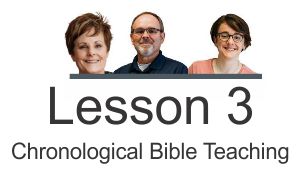
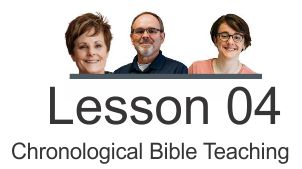
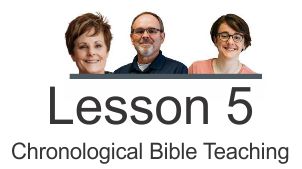
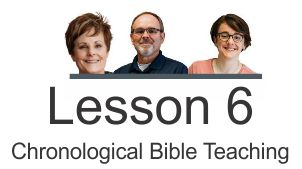







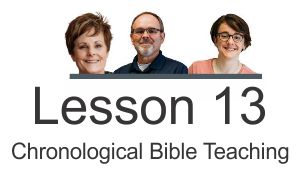

















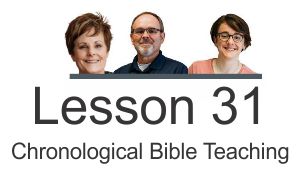

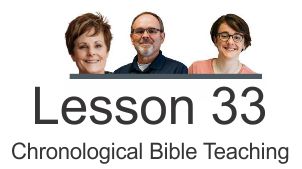







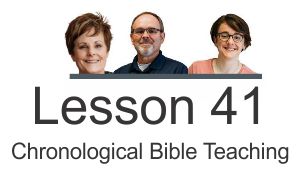

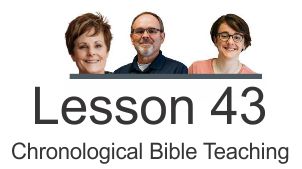
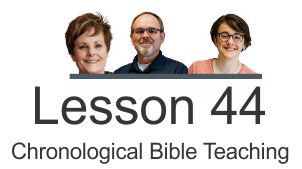

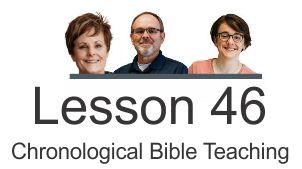
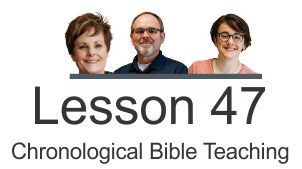
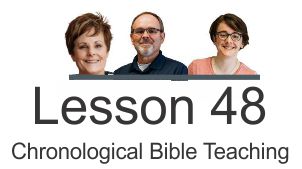


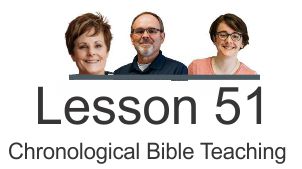

Page Discussion
Membership is required to comment. Membership is free of charge and available to everyone over the age of 16. Just click SignUp, or make a comment below. You will need a user name and a password. The system will automatically send a code to your email address. It should arrive in a few minutes. Enter the code, and you are finished.
Members who post adverts or use inappropriate language or make disrespectful comments will have their membership removed and be barred from the site. By becoming a member you agree to our Terms of Use and our Privacy, Cookies & Ad Policies. Remember that we will never, under any circumstances, sell or give your email address or private information to anyone unless required by law. Please keep your comments on topic. Thanks!